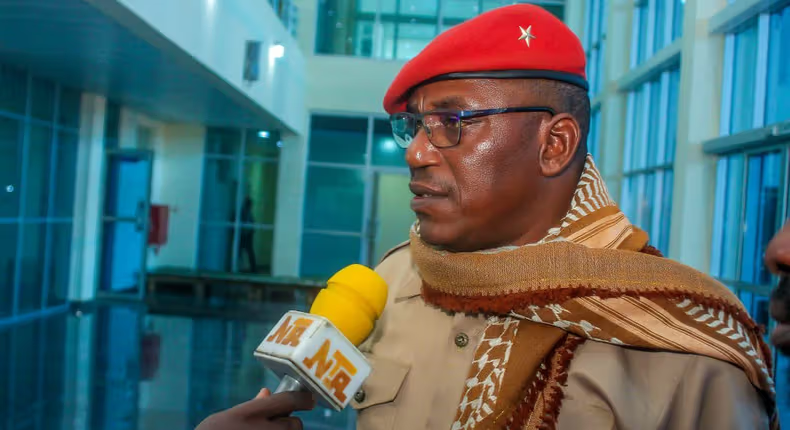Ever since failing to make President Muhammadu Buhari’s second term cabinet after serving as the Minister of Youth and Sports from 2015 to 2019, Solomon Dalung has emerged as an outspoken critic of the government. Dalung has turned his social media accounts into platforms for critiquing the leadership of President Bola Ahmed Tinubu, who succeeded Buhari in May 2023.
Dalung has consistently voiced his discontent with the Tinubu administration. In a July 9, 2024 post on X (formerly Twitter), he expressed regret for initially supporting Tinubu, labeling his leadership as a “tragedy” and accusing him of fostering injustice, nepotism, corruption, and impunity. Dalung’s critique extends beyond Tinubu’s leadership, questioning the legitimacy of the electoral process that brought Tinubu to power. He has called for a revolution, urging Nigerians to protest against what he describes as incompetent governance.
In his posts, Dalung criticizes the current administration for failing to address insecurity and economic issues. He accuses Tinubu of being insincere, pointing to instances where the president has asked citizens to sacrifice while his government remains wasteful. Dalung’s fiery rhetoric includes questioning the fairness of the 2023 elections and lamenting the overall state of the nation under Tinubu’s leadership.
Dalung’s endgame appears to be inciting a popular movement against bad governance. He has posted videos of himself dressed in animal skin clothing, reacting to revolutionary songs, and calling for an end to oppression and poor leadership. These posts, featuring music from South African anti-apartheid protests and other revolutionary themes, underscore his call for Nigerians to demand better governance.
Despite his criticisms, Dalung insists that his activism is not a new development but a continuation of his lifelong struggle for justice. He often references his past experiences, such as his arrest and detention alongside former President Olusegun Obasanjo in 1995, to bolster his credibility as a genuine advocate for change.
While Dalung’s campaign against the current administration has garnered attention, it also reflects a common trend where former government officials become vocal critics after leaving office. Dalung, however, positions himself as different, emphasizing his long-standing commitment to the struggle for justice and better governance in Nigeria.

